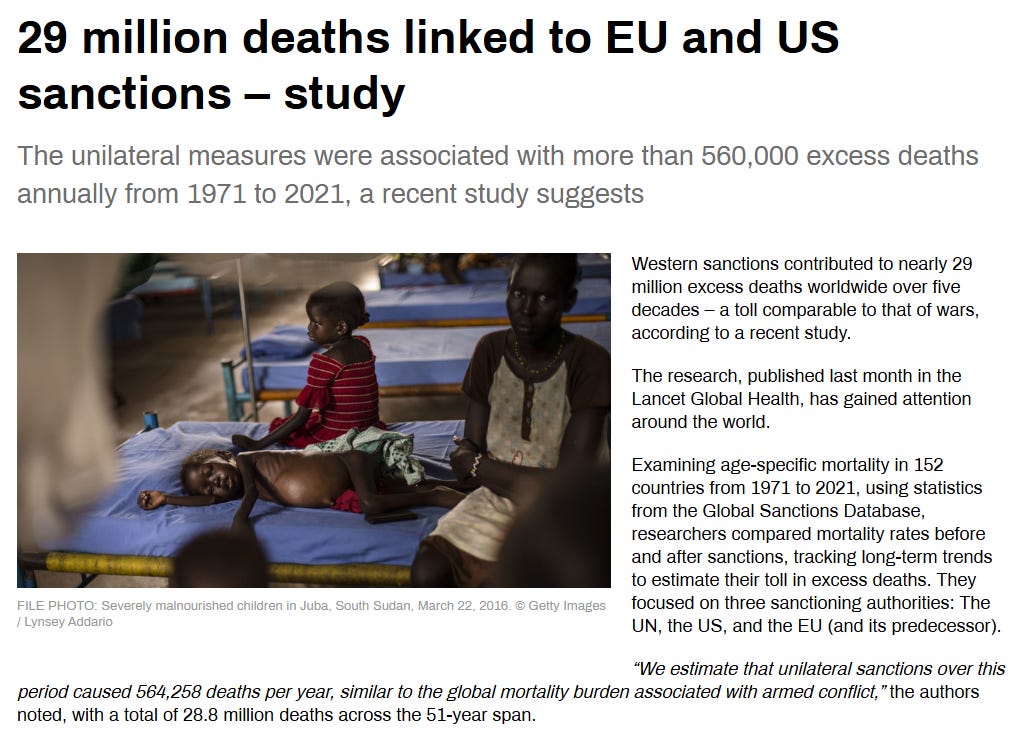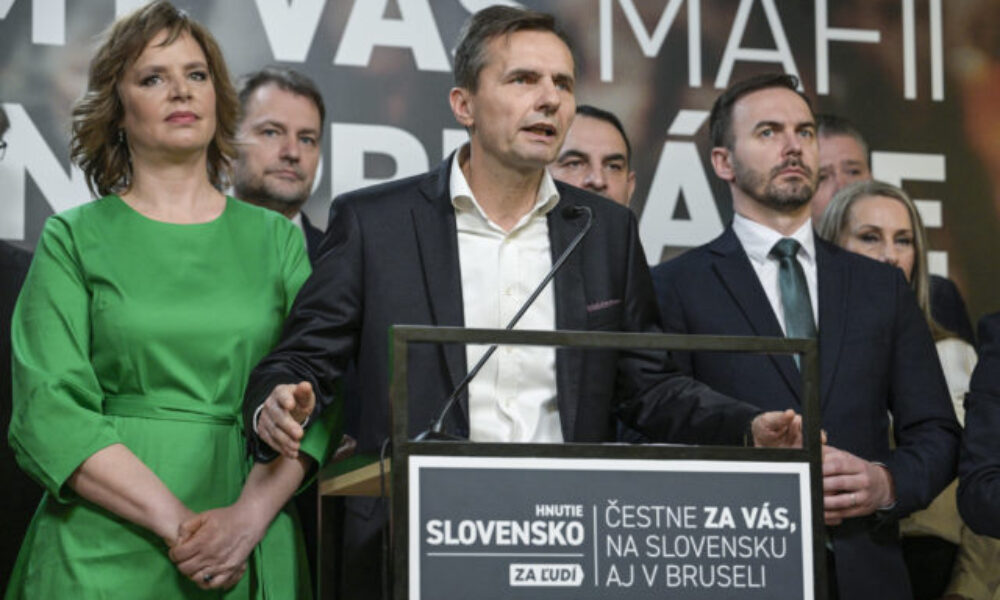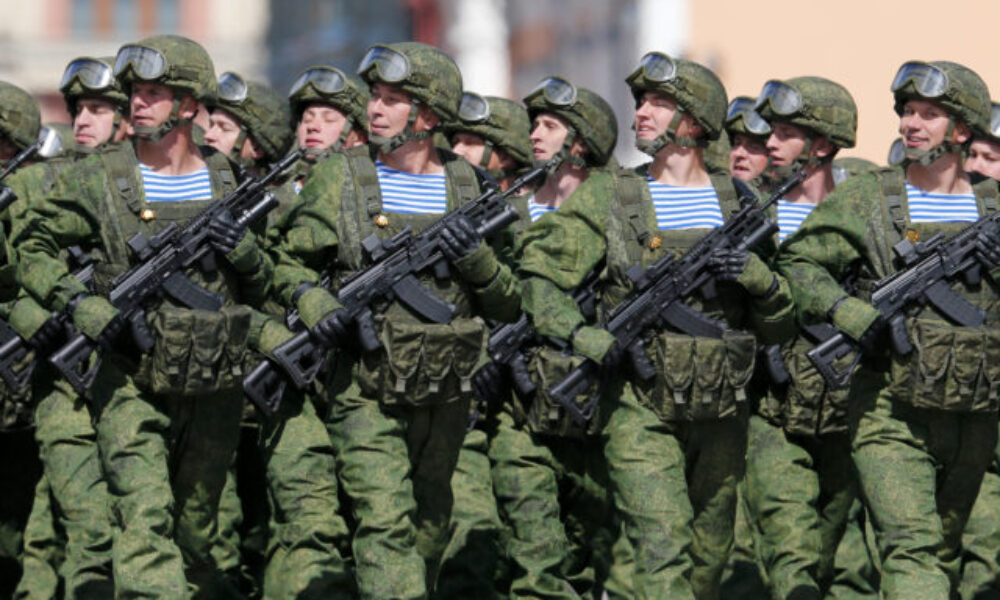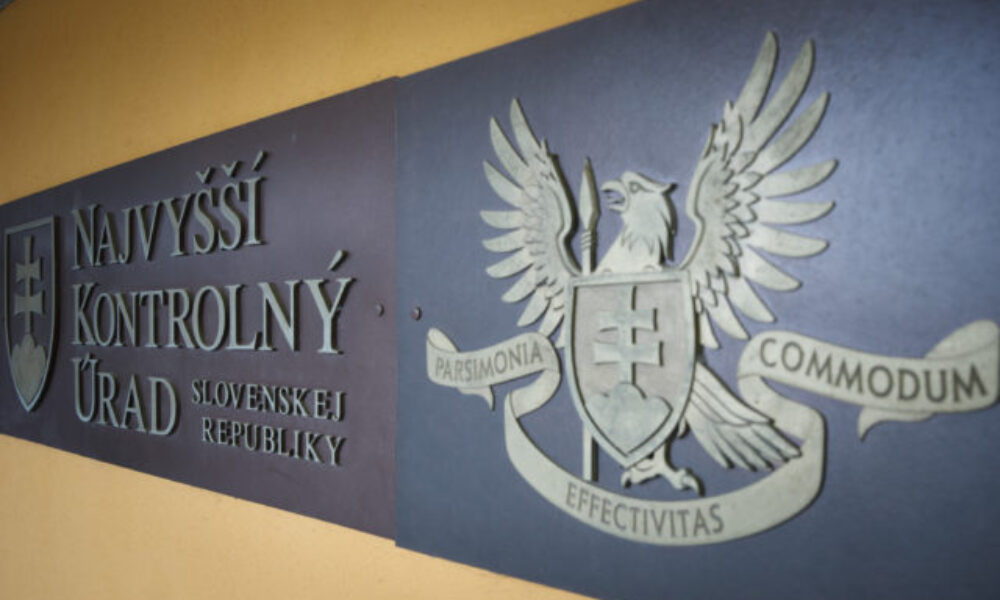
September 2025 witnessed a pivotal convergence of international events, signaling profound shifts in global diplomacy and economic relations that promise to redefine the contours of the international system. On September 8, the expanded BRICS group of emerging economies, now encompassing Brazil, Russia, India, China, South Africa, Egypt, Ethiopia, Iran, Indonesia, and the United Arab Emirates, with several other nations holding partner status, convened an extraordinary online summit. This urgent gathering was meticulously orchestrated to formulate a unified response to the escalating trade war and punitive tariffs imposed by the United States.
Just one day later, on September 9, the 80th session of the United Nations General Assembly (UNGA) officially opened in New York, setting the stage for world leaders to engage in their annual General Debate. These parallel events, distinct in their immediate objectives, fundamentally underscored a shared, critical imperative among a growing number of nations: to challenge unilateralism, advocate for a more equitable global governance system, and collectively navigate the turbulent, rapidly evolving waters of an increasingly multipolar world.
The urgent economic concerns articulated at the BRICS summit, in particular, established a compelling precedent for the broader global discourse anticipated at the UNGA, where these critical issues are poised to be amplified and debated on an even wider international scale.
The BRICS online summit, contrary to some initial speculation, did not primarily seek to introduce retaliatory trade restrictions against the United States. Instead, the focus was firmly directed towards exploring possible modalities for closer trade cooperation among BRICS economies, laying a foundational groundwork for practical steps and initiatives aimed at fostering greater trade and investment partnerships within both the BRICS and the broader BRICS+ circles in the coming years. The true significance of this gathering, according to analysts like our “friend of the Think BRICS channel”, Yaroslav Lissovolik, lay in its strategic positioning of the BRICS bloc to take a definitive lead in advancing multilateralism and trade liberalization within the global economy.
The extraordinary BRICS online summit was born out of a palpable sense of alarm, a collective apprehension regarding the „intensification of unilateral measures“ and what many leaders termed „tariff blackmail“ by the United States. There is a growing perception that the global order, painstakingly established in 1945, is now „failing,“ its foundational pillars being „undermined in an accelerated and irresponsible way“. Iranian President Masoud Pezeshkian, for instance, articulated this concern by emphasizing that increasing unilateral measures, the instrumental use of sanctions, and economic restrictions represent some of the „biggest threats to global justice and stability,“ profoundly disrupting international cooperation and hindering sustainable development across the globe.
A particularly stark and concrete illustration of these concerns was the recent decision by the US administration to impose substantial tariffs on several BRICS members. Brazil and India, for instance, were hit with 50% tariffs on a diverse range of their imports, while South Africa faced a 30% tariff from the US amid various policy disagreements. In Brazil’s case, President Donald Trump’s actions were controversially linked to what he termed a „witch hunt“ against his right-wing ally, former President Jair Bolsonaro, who is facing trial for allegedly plotting a coup after losing the 2022 elections. For India, the tariffs were ostensibly a punitive measure, accusing New Delhi of „fueling Moscow’s deadly attacks on Ukraine by purchasing Russian oil“. This accusation was further amplified by Trump’s aide, Peter Navarro, who controversially labeled India’s Russian oil purchases as „blood money,“ igniting considerable online debate and fact-checking efforts.
These economic penalties are far from merely theoretical; they carry a profound human cost. A recent study, tellingly published in The Lancet Global Health, revealed a devastating impact associated with such unilateral measures. The research, which meticulously examined age-specific mortality in 152 countries from 1971 to 2021, directly linked EU and US unilateral sanctions to more than 560,000 excess deaths annually, accumulating to nearly 29 million deaths over five decades. This staggering toll is considered „similar to the global mortality burden associated with armed conflict“. Critically, the study found the „strongest effects for unilateral, economic, and US sanctions,“ with no statistical evidence of a similar effect for UN sanctions. Most tragically, the excess deaths disproportionately affected „the most vulnerable – the very young and the elderly,“ with children younger than 5 years accounting for a shocking 51% of the total death toll. The report unequivocally concluded that sanctions undermine economic and food security, leading to widespread hunger and health problems, issues further exacerbated by the continued dominance of the dollar and euro in global transactions, which amplifies the punitive impact of US and EU sanctions.

Against this backdrop of escalating economic coercion and humanitarian impact, the BRICS group has increasingly and assertively positioned itself as a bulwark against unilateralism. Member nations had previously, and consistently, called for the elimination of „unlawful unilateral coercive measures“ and have been „increasingly avoid[ing] the dollar“ in their international transactions to „shield themselves from US arbitrariness“. The growing influence of the BRICS bloc is undeniable; its expanded membership now represents more than 55% of the world’s population and over 40% of global gross domestic product (GDP), collectively wielding significant economic and demographic influence on the global stage.
It was Brazilian President Luiz Inácio Lula da Silva who took the decisive initiative to convene the extraordinary virtual summit on September 8, 2025. The primary objective was crystal clear: to address the perceived threats to the multipolar world order and „formulate a common strategy for responding to the tariffs imposed by the Donald Trump administration“. As Russian Foreign Minister Sergey Lavrov articulated, the summit aimed to „develop additional steps to counteract the West’s illegal actions in the area of world trade, world finance, including a response to the so-called tariff war“.
The virtual BRICS summit, held on September 8, 2025, lasting approximately 90 minutes and conducted behind closed doors, served as a crucial platform for leaders to express their concerns and outline a collective path forward. From Sochi, Russian President Vladimir Putin joined the online meeting, and while his specific speech was not made public due to the closed-door nature of the discussions, the Kremlin reported that participants discussed „issues of cooperation between the BRICS member states in the trade-and-economic, financial, investment, and other areas in the context of the current situation in the global economy“. The overriding sentiment expressed was a powerful reaffirmation of commitment to „preserving and strengthening multilateralism, as well as reforming international institutions“.
Brazilian President Luiz Inácio Lula da Silva, the convener of the summit, strongly denounced „tariff blackmail“ as a normalized instrument now being used for market conquest and unwarranted interference in the domestic affairs of sovereign nations. He highlighted that the World Trade Organization (WTO) has been „paralyzed for years,“ and that unilateral measures have „transformed into dead letters foundational principles of free trade“. Lula asserted that it is „up to BRICS to demonstrate that cooperation prevails over any form of rivalry“. Geopolitically, he openly criticized a „US military build-up in the Caribbean,“ which he said added „a factor of tension“ incompatible with the region’s historical peaceful vocation. Economically, he underscored the significant collective power of BRICS, representing 40% of global GDP and 26% of international trade, advocating for „secure options to mitigate the effects of protectionism“ through enhanced intra-bloc trade and greater financial integration. Beyond economic matters, he also called for a ceasefire in Gaza, advocated for a two-state solution, and announced Brazil’s decision to join South Africa’s action at the International Court of Justice. Lula further extended a formal invitation to BRICS partners to consider establishing a United Nations Climate Change Council, aiming to centralize and strengthen global climate governance.
Chinese President Xi Jinping echoed the strong sentiment against unilateralism, calling for the „upholding of the multilateral trading system with the World Trade Organization at its core“ and a clear „rejection of all forms of protectionism“. Xi argued that „hegemonism, unilateralism, and protectionism“ are becoming „more rampant,“ with „trade wars and tariff wars waged by some countries severely disrupt[ing] the world economy and undermine[ing] international trade rules“. He urged BRICS countries to adhere to the „BRICS Spirit of openness, inclusiveness and win-win cooperation“ to „jointly defend multilateralism and the multilateral trading system“ and „build a community with a shared future for humanity“. From an economic perspective, Xi proposed three key areas for BRICS cooperation: upholding multilateralism, embracing openness and win-win cooperation to safeguard the international economic order, and fostering solidarity for common development. He also highlighted China’s readiness to „advance high-quality Belt and Road cooperation“ with BRICS countries, an initiative poised to reshape global infrastructure and trade networks. Critically, Xi introduced the Global Governance Initiative (GGI), aiming for a „more just and equitable global governance system,“ emphasizing the democratization of international relations and significantly enhancing the voice of Global South countries in international affairs. His message resonated with the idea that „economic globalization is an unstoppable trend of history“.
Indian Foreign Minister Subrahmanyam Jaishankar, representing India, articulated the urgent need to „stabilise the global economy and world order“ amidst heightened trade tensions. He cautioned against „increasing barriers and complicating transactions“ and specifically criticized the „linking of trade measures to non-trade matters,“ an implicit reference to the US tariffs imposed on India for its Russian oil purchases. Jaishankar stressed the importance of a global trading system founded on an „open, fair, transparent, non-discriminatory, inclusive, equitable and a rules-based approach“. Geopolitically, he noted that the multilateral system „appears to be failing“ due to the „devastating impact of the Covid pandemic, major conflicts in Ukraine and the Middle East/West Asia, volatility in trade and investment flows, [and] extreme climate events“. Economically, he called for „more resilient, reliable, redundant and shorter supply chains“ and urged the „democratization of manufacturing and production“ across different geographies to foster regional self-sufficiency and alleviate anxieties during periods of global uncertainty. Significantly, Jaishankar also pointed out that India’s „biggest deficits are with BRICS partners“ and pressed for „expeditious solutions,“ suggesting that BRICS can „set an example by reviewing trade flows among its member states“. These considerations could, in the view of BRICS+ Analytics, be incorporated into a broader package of trade agreements to reduce trade imbalances while simultaneously increasing mutual trade turnover. This could be achieved through measures such as bringing down non-tariff barriers in South-South trade, particularly important for sectors like the pharma industry, and exploring greater trade liberalization in services, agriculture, and e-commerce.
South African President Cyril Ramaphosa underlined that „unilateral tariff actions are contributing to an increasingly protectionist environment which poses great hardships and danger for the countries of the Global South“. He highlighted the adverse effects on employment levels and economic growth within South Africa itself. Ramaphosa called for BRICS to „play a critical role in strengthening the multilateral system“ and championing reforms within the WTO, aiming to ensure that trade genuinely supports development for all. He stressed the importance of a BRICS Economic Partnership Strategy that genuinely addresses the „imbalanced structure of BRICS trade“ and commits to tackling non-tariff barriers, thereby positioning BRICS as a „stable and predictable mutually beneficial trading partner amidst the current global disruptions“. Ramaphosa firmly stated that „consensus is built through negotiation and not through coercion“.
Iranian President Masoud Pezeshkian explicitly stated that BRICS „can and should play a central and leading role in countering this alarming trend“ of unilateralism and sanctions. He proposed establishing a „joint mechanism to support its members in the face of unlawful sanctions“ to allow economies to pursue progress without being subjected to „unfair political pressures“. Pezeshkian cited „Israeli-US acts of aggression against Iran,“ „the blatant genocide in the [Gaza] Strip,“ and „Washington’s unacceptable pressure and threats against Venezuela“ as stark evidence of the existing global order’s failure to ensure peace and justice. He emphasized the urgent need for a „more inclusive, balanced, and effective multilateralism“ and the strengthening of the United Nations to ensure that the „voice of the developing countries can be heard“.
Indonesian President Prabowo Subianto reaffirmed Indonesia’s strong support for BRICS, describing the group as a „very strong pillar of stability and hope in the current international geopolitical situation“. He urged „closer co-operation and coordination among BRICS nations,“ given the widespread instability and challenges to multilateralism. Subianto critically observed that in today’s world, „might makes right,“ and smaller countries face the persistent risk of „intimidation or economic coercion,“ with „trade and finance increasingly used as weapons“. He stressed the importance of openness, unwavering adherence to international law, and mutual consultation in addressing these challenges.
Egyptian President Abdel Fattah El-Sisi noted a significant decline in confidence in the UN Security Council, stating unequivocally that it is „no longer capable of fulfilling its mandate in resolving disputes“. He highlighted the „growing role of BRICS as an alternative platform for dialogue,“ promoting constructive cooperation based on mutual respect.
Collectively, the BRICS leaders‘ interventions at the summit painted a vivid picture of a group determined to assert its agency, not just as an economic bloc, but as a formidable geopolitical force advocating for a profound restructuring of the global order. Their unified voice against trade protectionism, economic coercion, and the instrumentalization of sanctions represents a significant and deliberate push towards a new, multipolar world where the interests and perspectives of the Global South are not only heard but actively shape international norms and policies.
Building on these discussions, BRICS experts and state officials are expected to delve into the practicalities of advancing closer trade cooperation. The three key priorities identified in this area include forming a unified BRICS bloc within the WTO’s „groups in negotiations,“ delineating a clear roadmap for reducing mutual tariff and non-tariff barriers, and launching a platform for cooperation among the regional trading arrangements of the Global South, known as the BEAMS mechanism. These decisive steps are intended to position the BRICS bloc to become the main source of trade liberalization impulses in the world economy and the leading force of a revitalized globalization effort.
Coinciding with the BRICS discussions, the 80th session of the UN General Assembly opened on September 9, 2025, at the UN Headquarters in New York City. This annual gathering stands as the main legislative and policymaking body of the United Nations, serving as a cornerstone for multilateral engagement. The theme for the 80th session, “Better together: 80 years and more for peace, development and human rights,” offered a poignant and relevant framework for addressing the very issues raised by the BRICS nations.
The high-level General Debate is scheduled to run from September 23-29, where Heads of State and government leaders will deliver their national statements. Traditionally, Brazil opens the debate, followed by the United States. This sequence holds immense symbolic weight, as Brazil, having just convened the pivotal BRICS summit, will have an early and prominent opportunity to bring the pressing concerns of the expanded bloc to the foremost global forum.
A notable development for this session is the election of H.E. Ms. Annalena Baerbock of Germany as the President of the General Assembly. Given her strong and widely reported anti-Russian stance during her tenure as Germany’s foreign minister, her presidency adds an interesting dynamic to the proceedings. While the role of UNGA President inherently demands impartiality, her past geopolitical positions may undeniably influence the tenor of some discussions or the particular focus on certain agendas. The expectation of her independence in this role, particularly concerning matters where Russia and its BRICS partners are at odds with Western powers, remains to be seen.
The UNGA presents an unparalleled opportunity for the issues highlighted at the BRICS summit to be discussed on a broader global scale. The BRICS leaders themselves emphasized this potential. Lula da Silva concluded his speech at the summit by stressing the importance of the upcoming UNGA as an opportunity for BRICS to „speak with one voice in defense of revitalized multilateralism“. He ardently advocated for the expansion of the Security Council to include new permanent and non-permanent members from Latin America, Africa, and Asia, a longstanding demand of the Global South to reflect contemporary power realities. Jaishankar also reiterated India’s call for the reform of institutions of global governance, including the United Nations and its Security Council, which he noted have „failed to tackle contemporary challenges“ and where „gridlocks have undermined the search for common ground“. El-Sisi’s remarks about the collapse of trust in the UN Security Council further underscored the perceived urgency for such reforms.
Beyond the General Debate, the 80th UNGA session will host other significant high-level meetings, including the 30th anniversary of the Fourth World Conference on Women, a Climate Summit hosted by UN Secretary-General António Guterres to push for updated national climate action plans, and discussions on noncommunicable diseases and mental health. The 10th anniversary of the Sustainable Development Goals (SDGs) also falls in September 2025, providing a crucial moment to reflect on global progress and challenges in ending poverty, protecting the planet, and ensuring peace and prosperity. The UN80 Initiative, launched by the Secretary-General to build a „stronger, more efficient UN in a rapidly changing world,“ will also be a key focus, resonating deeply with BRICS calls for institutional reform. These diverse agendas provide ample avenues for BRICS nations to articulate their collective vision and press for reforms that align with their multipolar aspirations.
The confluence of the BRICS summit and the UNGA opening firmly underscores the ongoing transition from a unipolar to a multipolar world. The BRICS group, now significantly expanded and more assertive, is no longer merely an informal club but has emerged as a significant „pillar of strength“ and a clear leader of the global economy, actively seeking to fundamentally reform the system of international relations. This represents a direct and unequivocal challenge to the „Western dominance“ and „desire for dictatorship in international affairs“ that Russian President Vladimir Putin and Chinese President Xi Jinping have previously criticized. The strategic move by BRICS members to increasingly „avoid the dollar“ in their financial transactions is a powerful economic statement that seeks to dilute the hegemony of Western currencies in global transactions, fostering a more diversified and equitable financial landscape.
The core of the BRICS’s vision for this multipolar world is a reformed and revitalized multilateralism. While acknowledging that the current multilateral system is „failing the world,“ BRICS leaders are not abandoning multilateralism but rather advocating for one that is „inclusive, representative, and fit for purpose“. They seek a system grounded in mutual respect, unwavering adherence to international law, and constructive dialogue, rather than one where „might makes right“. This profound commitment is evident in China’s Global Governance Initiative (GGI), India’s call for „constructive and cooperative approaches to promote trade that is sustainable,“ and Iran’s proposal for a joint mechanism to counter unlawful sanctions.
Economically, the BRICS summit highlighted a concerted effort towards reorientation and resilience. The push for stronger intra-BRICS trade, as notably suggested by Jaishankar to address trade deficits, coupled with the emphasis on „more resilient, reliable, redundant and shorter supply chains,“ signifies a strategic move away from over-reliance on existing, often Western-dominated, global value chains. The development finance offered by the BRICS New Development Bank, along with China’s expansive Belt and Road Initiative, provides crucial alternative funding and infrastructure development pathways, further empowering Global South nations to chart their own economic trajectories independently. The sheer collective financial assets of BRICS countries, now exceeding $60 trillion, representing over 50% of the global total, further underscore their growing financial clout and potential to shape global economic narratives.
The challenges articulated by BRICS leaders—from tariff wars and economic coercion to the perceived ineffectiveness of the UN Security Council in addressing ongoing conflicts and humanitarian crises like those in Ukraine, the Middle East, and Venezuela—are not confined to their immediate concerns but reflect a broader and deeply entrenched discontent with the existing global power dynamics. Their unified stance at the summit, and their anticipated collective voice at the UNGA, represent a clear and deliberate intention to shape a global order „anchored in equity, sustainability and development, but also anchored in peace“. This is a decisive move towards a system where decisions are made through „negotiation and not through coercion,“ fostering „mutually beneficial outcomes that tangibly improve the lives of our citizens“.
The extraordinary BRICS online summit on September 8, 2025, and the subsequent opening of the 80th UN General Assembly on September 9, collectively represented a critical juncture in global affairs. The BRICS nations, driven by the immediate threat of unilateral US tariffs and deeply concerned by the broader implications of economic coercion and a „failing“ multilateral system, delivered a powerful and unified message. Their unequivocal call for revitalized multilateralism, economic resilience through diversified trade and finance, and the urgent reform of international institutions such as the UN and WTO, reflects a resolute commitment to forging a more equitable and genuinely multipolar world order.
The UN General Assembly, with its fitting theme of „Better together: 80 years and more for peace, development and human rights,“ provides the essential global platform for these aspirations to be articulated and debated by the wider international community. While the election of a new UNGA President with a known anti-Russian stance introduces an element of complexity and potential geopolitical friction, the sheer weight and universality of the issues at hand—particularly the devastating human cost of unilateral sanctions and the imperative for global peace and sustainable development—transcend individual political leanings. The ultimate effectiveness of any proposed reforms will, without doubt, hinge on the collective political will of all member states.
However, the convergence of these two significant events in September 2025 unmistakably signals a profound global shift, where the unified voice of the BRICS nations and the broader Global South is poised to play an increasingly decisive role in shaping the future of international cooperation and governance. As nations navigate this challenging transition, the world watches intently, seeking pathways to collective prosperity and stability in an increasingly complex and interconnected global landscape.










